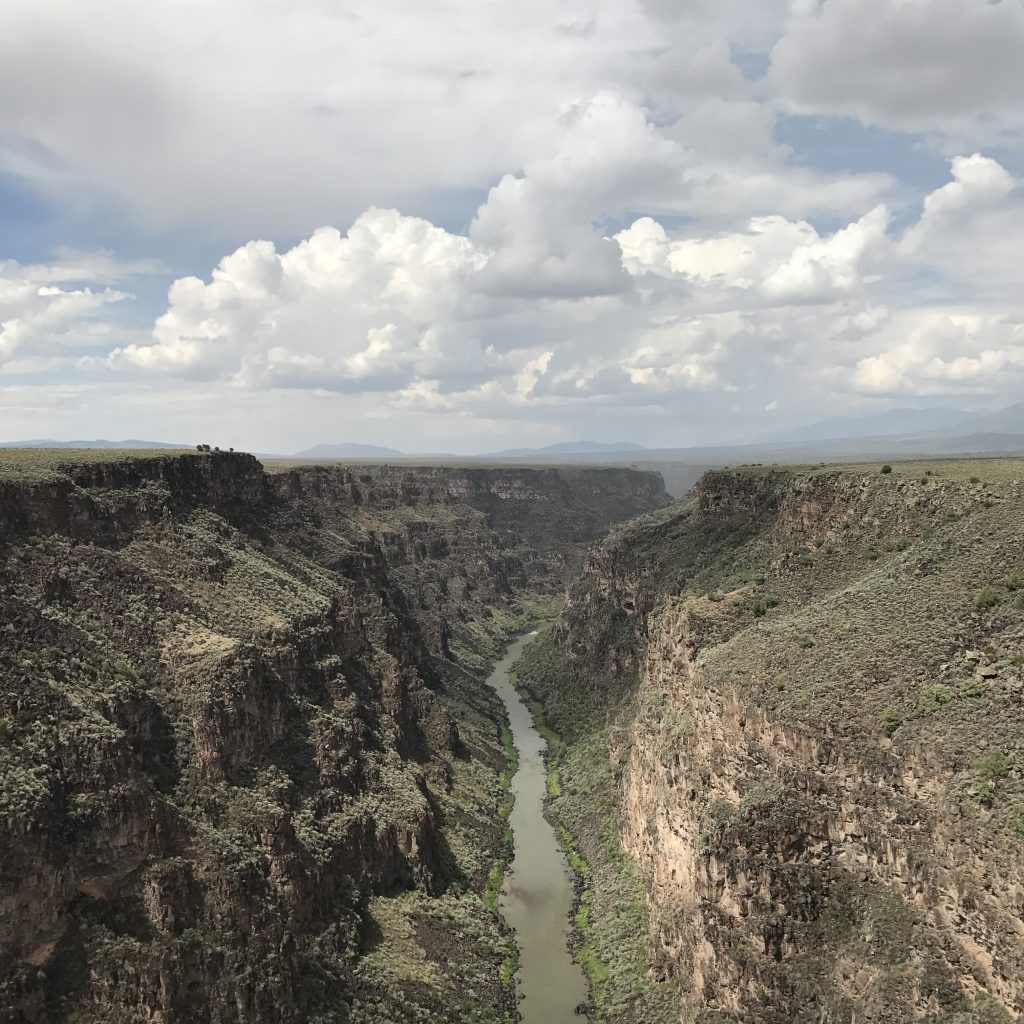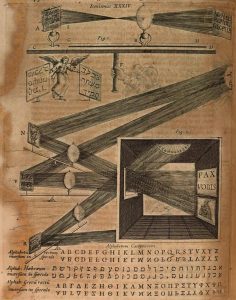 The end of 2019 has come with a soul-searching of sorts. While the politics of America is in an unexpected tribal divergence given the recent good economic performance combined with a world not in major conflicts, there are also undercurrents of religious change that many see as threatening to the established order. Religion in America is on the decline for the last decade, with young people, especially, indicating that they have no particular affiliation, and with the rise of atheism and related thinking in print and online.
The end of 2019 has come with a soul-searching of sorts. While the politics of America is in an unexpected tribal divergence given the recent good economic performance combined with a world not in major conflicts, there are also undercurrents of religious change that many see as threatening to the established order. Religion in America is on the decline for the last decade, with young people, especially, indicating that they have no particular affiliation, and with the rise of atheism and related thinking in print and online.
Let’s take a look at some of the most recent journalism on the topic. We will start with an example of how, I believe, it contributes to this decline, then segue to some sage survey work and science concerning how people regard these ideas.
The Washington Times is almost always filled with sloppy journalism, editorials, scholarship, and thinking, but here we have quotes suggesting that lack of religious affiliation is “pagan.” (Wrong: paganism was and remains highly religious). Or editorialization that overthrowing “blue laws” is linked to the decline of religious adherence (or, perhaps, a better separation of church and state). Shakespeare’s jokes require biblical understanding? Perhaps some, but many others required (pagan) mythological and historical understanding. The hit list goes on and on: evangelization like in the Age of Exploration? Swords out, anyone?
But this kind of sloppiness reflects mostly a desire to denigrate religious skepticism and project onto it the fears of the religious themselves, at least according to this survey from the Public Religion Reseach Institute, as reported in the Washington Post, which is the anti-Times for some. The Christian religious right sustains a fear of losing their religious freedoms that is not actually desired by atheists or the non-affiliated.… Read the rest
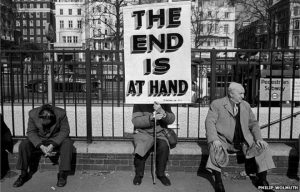


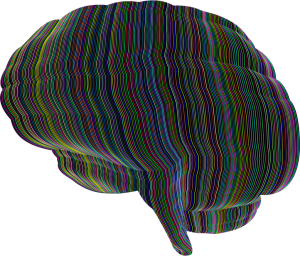


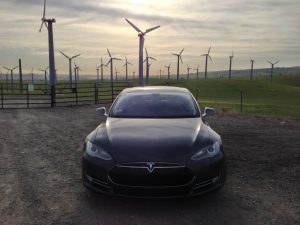
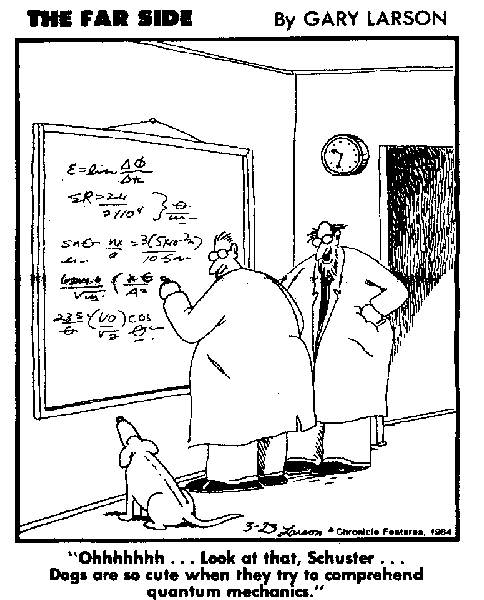 The simulation hypothesis is perhaps a bit more interesting than how to add clusters of neural network nodes to do a simple reference resolution task, but it is also less testable. This is the nature of big questions since they would otherwise have been resolved by now. Nevertheless, some theory and experimental analysis has been undertaken for the question of whether or not we are living in a simulation, all based on an assumption that the strangeness of quantum and relativistic realities might be a result of limited computing power in the grand simulator machine. For instance, in a virtual reality game, only the walls that you, as a player, can see need to be calculated and rendered. The other walls that are out of sight exist only as a virtual map in the computer’s memory or persisted to longer-term storage. Likewise, the behavior of virtual microscopic phenomena need not be calculated insofar as the macroscopic results can be rendered, like the fire patterns in a virtual torch.
The simulation hypothesis is perhaps a bit more interesting than how to add clusters of neural network nodes to do a simple reference resolution task, but it is also less testable. This is the nature of big questions since they would otherwise have been resolved by now. Nevertheless, some theory and experimental analysis has been undertaken for the question of whether or not we are living in a simulation, all based on an assumption that the strangeness of quantum and relativistic realities might be a result of limited computing power in the grand simulator machine. For instance, in a virtual reality game, only the walls that you, as a player, can see need to be calculated and rendered. The other walls that are out of sight exist only as a virtual map in the computer’s memory or persisted to longer-term storage. Likewise, the behavior of virtual microscopic phenomena need not be calculated insofar as the macroscopic results can be rendered, like the fire patterns in a virtual torch.